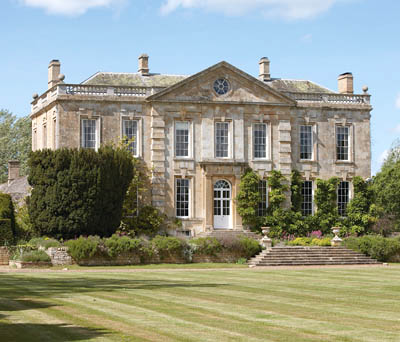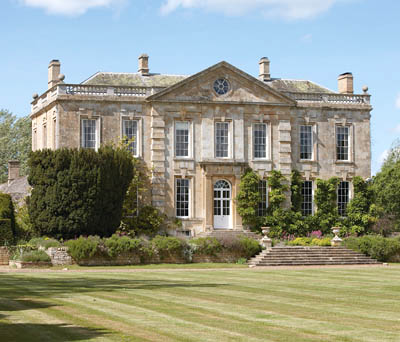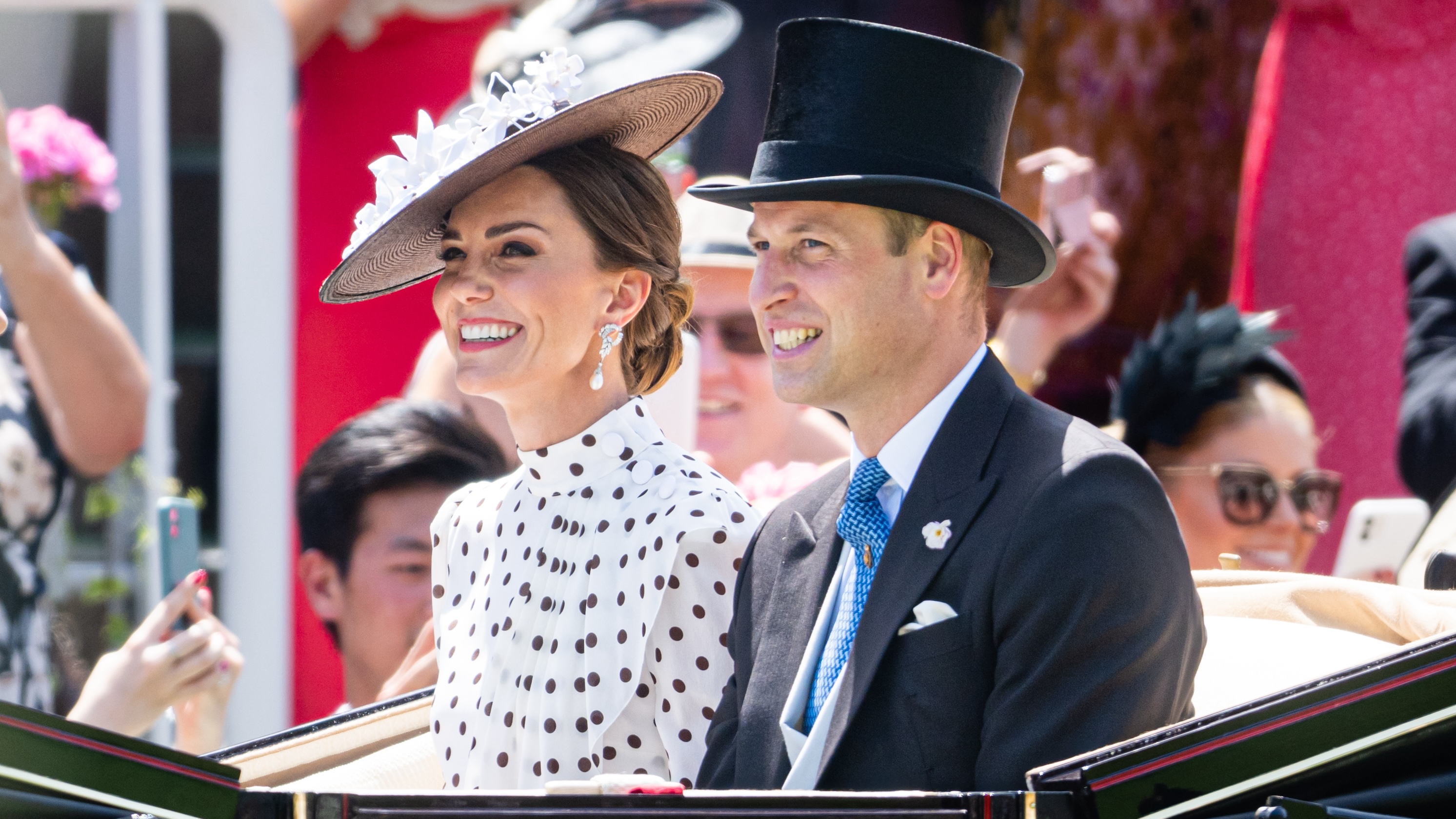Interest rate rises and the property market
Expected to rise next year, interest rates often affect the property market, but how, or will, the country house market be changed when they do?


Interest rates are going to rise at some point during the next year or so. There is broad agreement over that. But the jury is out among property professionals on the effect this will have on the country-house market. Some fear that higher rates will lead to rising costs of home ownership, and so drive down prices. Others are more sanguine-indeed, some even see rising rates as driving up prices for prime country properties and being something for the investor to welcome.
‘A substantial number of buyers of country houses don't need mortgages,' points out Jasper Feilding of Carter Jonas. This view is echoed by Crispin Holborow of Savills: ‘The prime country-house market attracts more equity-rich purchasers.'
However, some owners do have hefty mortgages on their country houses, and Ed Sugden of Property Vision believes that ‘if interest rates rise by at least 1%-2%, we may start seeing more sales due to financial stress'. One sector of the market that could be affected, according to Bruce Tolmie-Thomson of Knight Frank, is second homes in the country that aren't used much. Increasing mortgage rates may cause owners to reassess their priorities when considered beside other economic factors, such as inflation and rising energy costs, and lead to properties coming onto the market. But will these houses find buyers?

* Subscribe to Country Life and save 40%
‘Best-in-class properties will sell just as easily as before, if not more so,' says Mr Tolmie-Thomson. However, he's more cautious about other properties, in particular those that involve major restoration projects, feeling that people are now less willing to commit to an often undetermined financial outlay for renovations.
The impact of interest rates on the property market can't be considered in isolation from the wider economic picture. Indeed, it's questionable how useful mortgage rates are as a guide to house-price movements. Britain has had an exceptionally low bank base rate of 0.5% since March 2009, but it hasn't led to a house-price boom or a surge in people looking to buy property.
Historic data also makes it hard to develop a predictive relationship between mortgage rates and house prices. Between 1955 and 1990, house prices rose every year, according to Nationwide, yet interest rates during the course of these individual years sometimes remained the same, but, at other times, rose and fell, occasionally quite sharply. Moreover, adds Robert Lister of mortgage brokers Rural & Business Specialists, the rate rise ‘has long been anticipated, so the market is sensitised to it, with new mortgages only being given to those who will be able to make the higher repayments that rising rates will entail.'
Sign up for the Country Life Newsletter
Exquisite houses, the beauty of Nature, and how to get the most from your life, straight to your inbox.
All this leads Mr Holborow to believe that ‘an increase in interest rates will have less impact on the prime country-house market [above £2 million] than the more mortgage-constrained mainstream market.' Some commentators even believe that rising interest rates could strengthen the prime country-house market compared to the mainstream one. Their reasoning is that when the base rate goes up, both mortgage and savings rates increase.
Mortgage-free buyers at the top end of the property market tend to have some cash savings or investments and, as returns on these are likely to increase, they will be able to spend more on a house. With more money chasing the same number of properties, prices could grow. At the same time, if mortgage rates go up, those who rely on a mortgage to buy a house can afford to spend less, and so these particular properties will become price-constrained. As a result, the price gap between prime and mid-market houses widens.
Indeed, the Lloyds TSB Million Pound Property Report 2011 found that sales of million-pound homes are increasing at their fastest rate since 2006. For example, the 7,185 million-pound property sales that took place in Britain in 2010 represented a 54% increase on 2009, and the overall increase in transactions was 6%, yet there was a 1% fall in the number of sales of houses priced under £250,000. It could be that rising interest rates mean the more expensive the property, the more likely it is to sell.
Country Life is unlike any other magazine: the only glossy weekly on the newsstand and the only magazine that has been guest-edited by HRH The King not once, but twice. It is a celebration of modern rural life and all its diverse joys and pleasures — that was first published in Queen Victoria's Diamond Jubilee year. Our eclectic mixture of witty and informative content — from the most up-to-date property news and commentary and a coveted glimpse inside some of the UK's best houses and gardens, to gardening, the arts and interior design, written by experts in their field — still cannot be found in print or online, anywhere else.
-
 'The watch is Head Boy of men’s accessorising': Ginnie Chadwyck-Healey and Tom Chamberlin's Summer Season style secrets
'The watch is Head Boy of men’s accessorising': Ginnie Chadwyck-Healey and Tom Chamberlin's Summer Season style secretsWhen it comes to dressing for the Season, accessories will transform an outfit. Ginnie Chadwyck-Healey and Tom Chamberlin, both stylish summer-party veterans, offer some sage advice.
By Country Life Published
-
 Lewis Hamilton, Claude Monet and the Four Horsemen of the Apocalypse: Country Life Quiz of the Day, April 29, 2025
Lewis Hamilton, Claude Monet and the Four Horsemen of the Apocalypse: Country Life Quiz of the Day, April 29, 2025Tuesday's Quiz of the Day looks back at Lewis Hamilton's first win and ponders on the meaning of greige.
By Toby Keel Published
